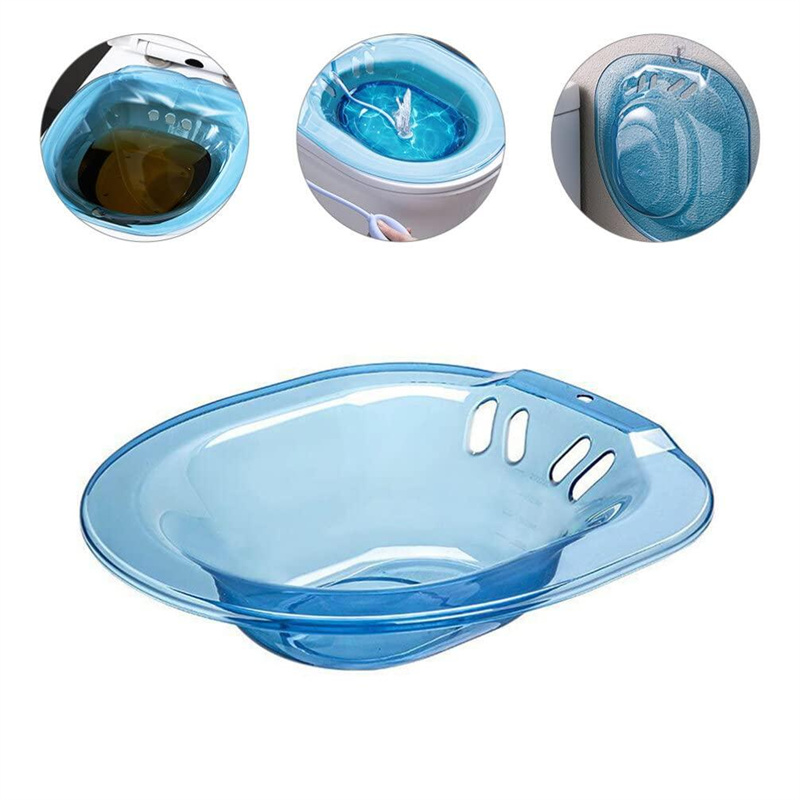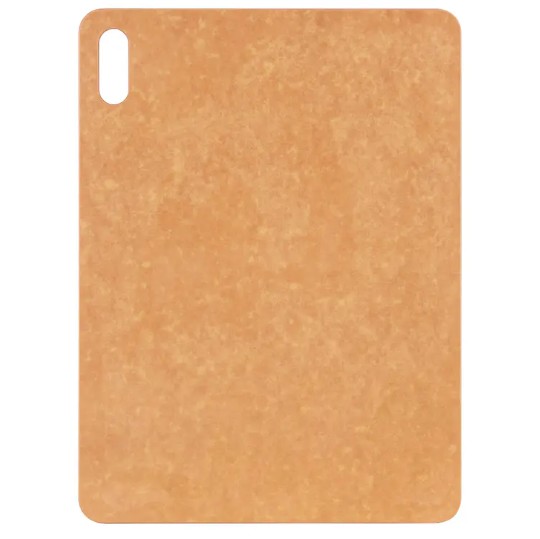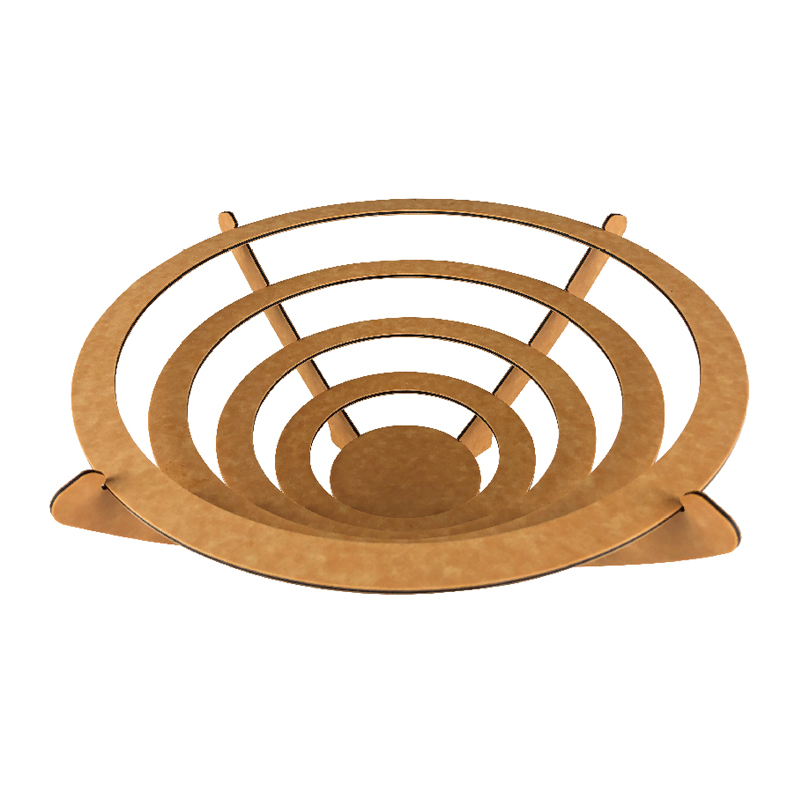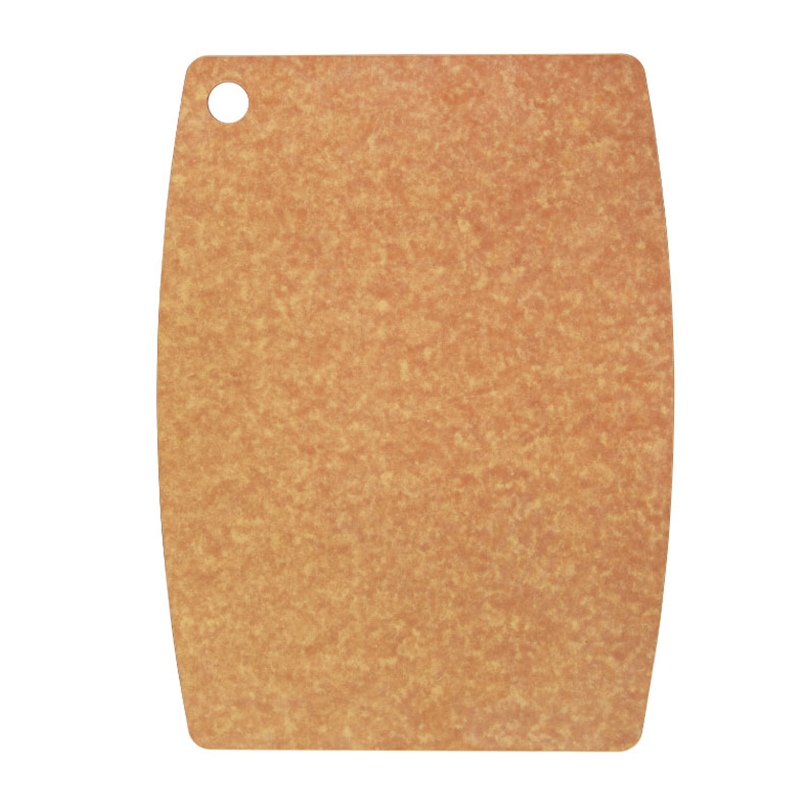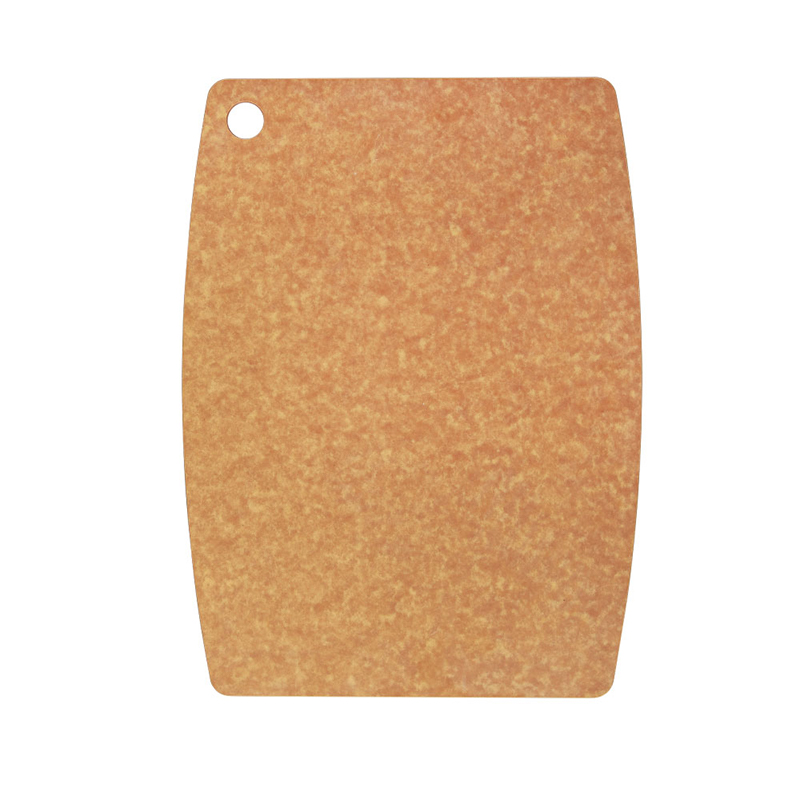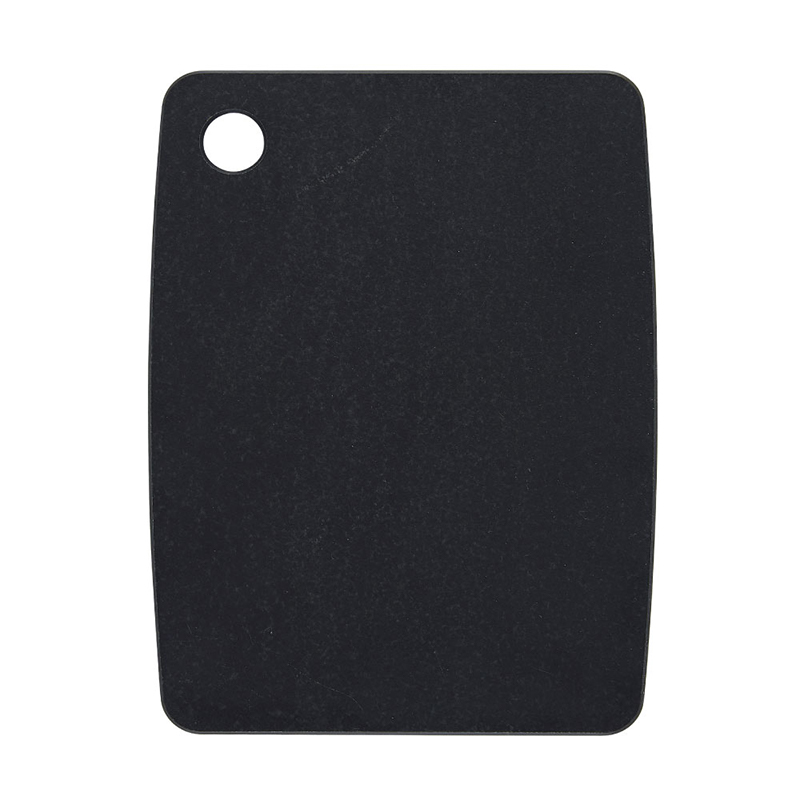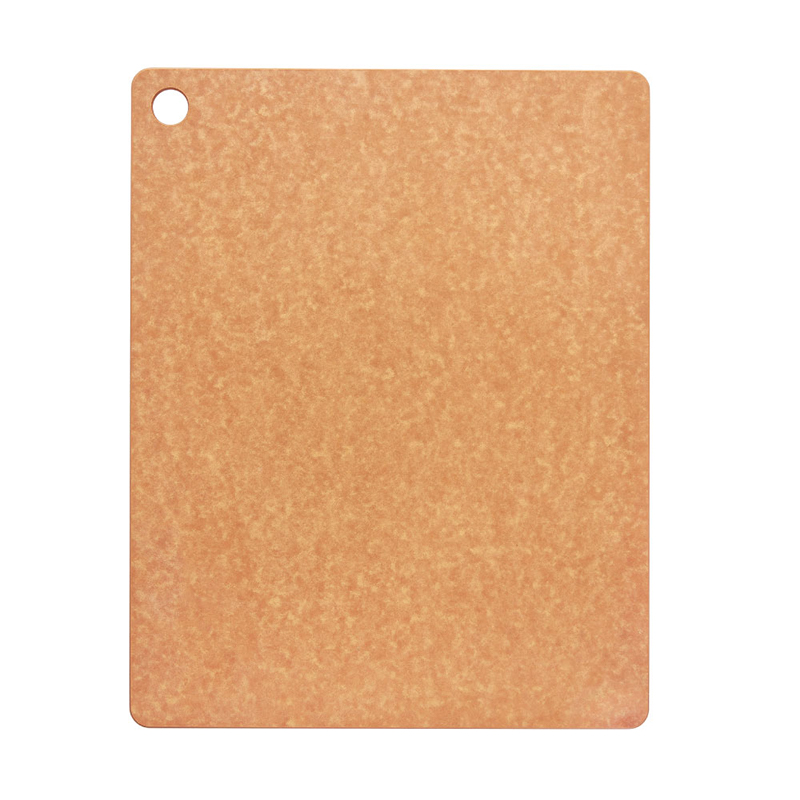-
Wood Fiber Cutting Boards: A Blend of Sustainability and Culinary Elegance
Wood fiber cutting boards stand as a testament to the marriage between sustainable practices and culinary craftsmanship. These cutting boards, crafted from a blend of wood fibers and resin, have gained popularity for their eco-friendliness, durability, and aesthetic appeal in modern kitchens.
The composition of wood fiber cutting boards typically involves the combination of finely ground wood particles or fibers with a food-safe resin. This mixture undergoes a pressing and heating process to create a solid and durable board. Manufacturers often use sustainably sourced wood fibers, contributing to the eco-friendly aspect of these culinary tools.
One of the primary appeals of wood fiber cutting boards is their durability. They exhibit strength and resilience, capable of withstanding the rigors of daily chopping, slicing, and dicing in the kitchen. Despite their sturdiness, they also possess a natural flexibility that minimizes the risk of knife dulling, ensuring the longevity of both the cutting board and culinary tools.
wood fiber cutting boards offer an attractive appearance that adds elegance to kitchen decor. Their natural wood-like texture and finish provide a touch of sophistication, making them not just functional but also aesthetically pleasing. This feature allows them to seamlessly blend into various kitchen styles, from modern to rustic, enhancing the overall ambiance.
Another notable aspect of these cutting boards is their hygienic properties. Wood fibers have natural antimicrobial qualities, helping inhibit the growth of bacteria on the surface. When properly cleaned and maintained, wood fiber cutting boards can be a safe and hygienic choice for food preparation, contributing to a healthier kitchen environment.
these cutting boards often boast environmental credentials, as they are typically manufactured using recycled wood fibers or sustainably harvested wood. This eco-conscious approach resonates with consumers seeking more sustainable kitchenware options, aligning with the growing trend of environmentally friendly lifestyle choices.
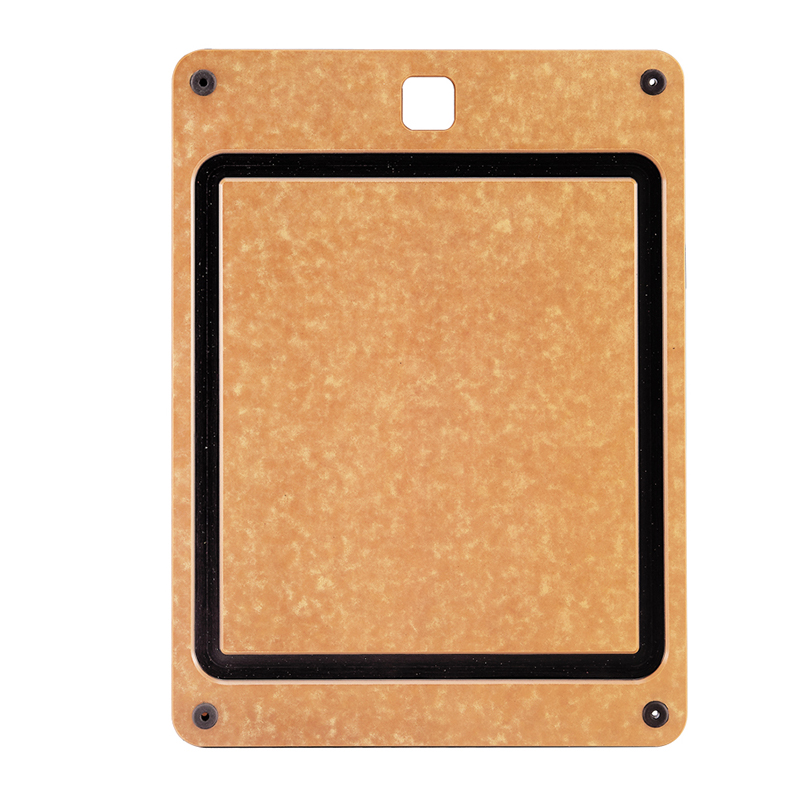

 日本語
日本語 English
English 中文简体
中文简体